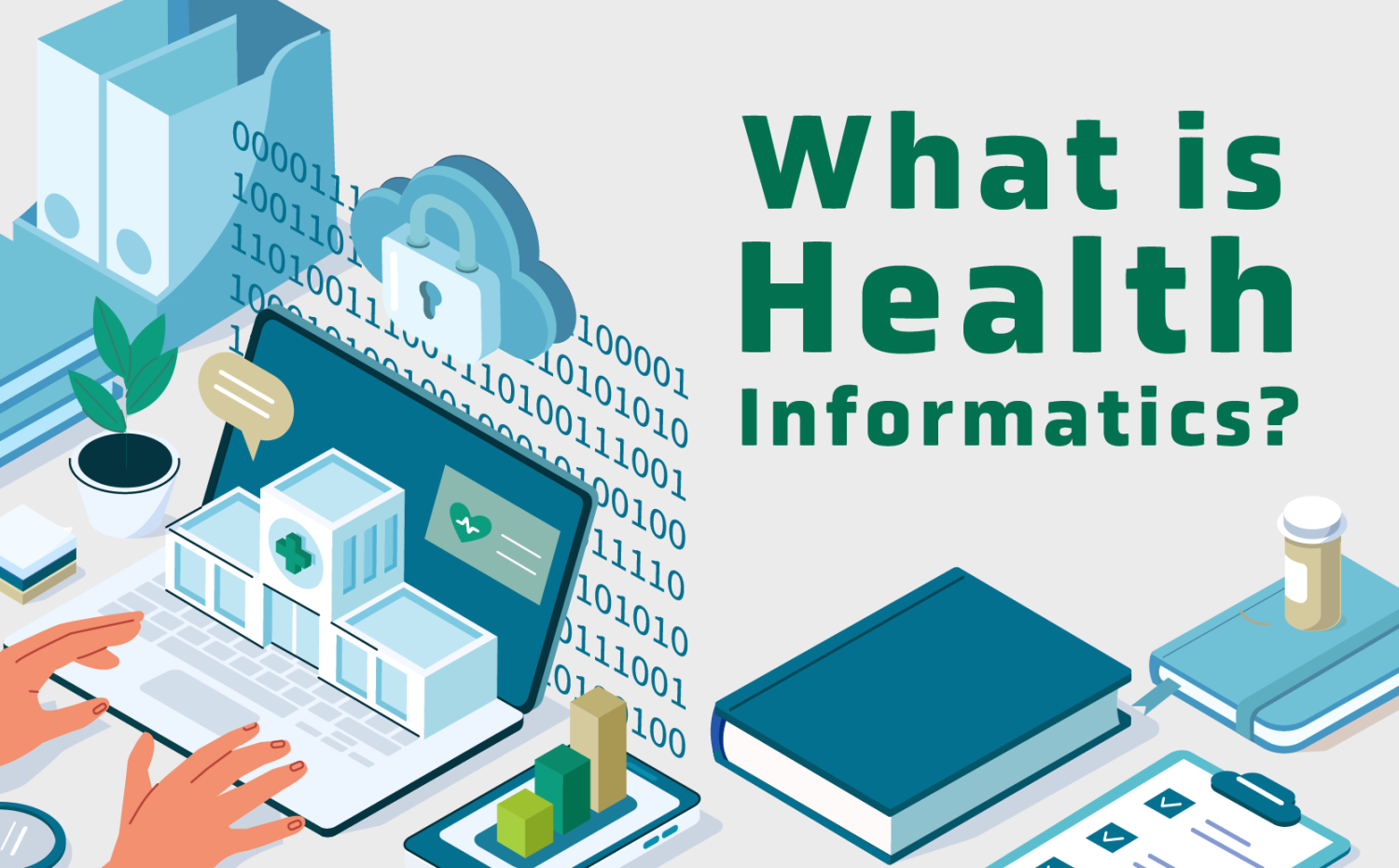In a world increasingly interconnected by technology, the medical field is undergoing a profound transformation. The traditional doctor-patient relationship is evolving, giving rise to a new paradigm: the digital doctor. This innovative concept leverages advanced technology to provide personalized healthcare, offering a range of benefits that could revolutionize the way we approach health and wellness.
At the forefront of this digital revolution is the rise of AI-powered health assistants. These intelligent virtual companions are designed to interact with patients in a natural and engaging manner, providing personalized health advice, symptom assessment, and even remote monitoring. Imagine having a dedicated healthcare professional available at your fingertips, 24/7, ready to answer your questions, offer guidance, and support your health journey.
One of the most significant advantages of AI-powered health assistants is their ability to provide personalized care. By analyzing vast amounts of data, including medical history, symptoms, and lifestyle factors, these assistants can tailor recommendations and interventions to the specific needs of each individual. This personalized approach can lead to more effective treatment outcomes and improved patient satisfaction.

For example, an AI-powered health assistant could help a patient manage a chronic condition by tracking their symptoms, suggesting lifestyle changes, and reminding them to take their medication. It could also provide real-time feedback on fitness goals, nutrition, and sleep patterns, helping patients make informed decisions about their health.
Moreover, AI-powered health assistants can play a crucial role in early disease detection and prevention. By analyzing data from wearable devices, such as smartwatches and fitness trackers, these assistants can identify potential health risks and encourage patients to take proactive steps to address them. This could lead to earlier diagnosis and treatment of serious illnesses, ultimately improving overall health outcomes.
In addition to their personalized approach, AI-powered health assistants can also help to reduce healthcare costs. By providing remote care and reducing the need for in-person appointments, these assistants can alleviate the burden on healthcare systems and make healthcare more accessible to a wider population. This is particularly important in rural areas or for individuals with limited mobility.
However, it’s important to note that AI-powered health assistants are not intended to replace human doctors. Instead, they are designed to complement the expertise and skills of healthcare professionals. By providing personalized support and information, these assistants can help to enhance the patient experience and improve overall health outcomes.
As technology continues to advance, we can expect to see even more innovative applications of AI in the healthcare field. From virtual reality-based therapy to robotic surgery, the digital doctor is poised to play a vital role in shaping the future of medicine. By embracing these advancements, we can create a healthcare system that is more accessible, personalized, and effective for everyone.
Imagine a world where your doctor isn’t just a human, but a highly intelligent machine. A machine that can analyze your symptoms, medical history, and even genetic data to provide a diagnosis with incredible accuracy. This isn’t science fiction; it’s the reality of AI-powered diagnosis.
Artificial intelligence (AI) has been making significant strides in various fields, and healthcare is no exception. One of the most promising applications of AI in medicine is in the realm of diagnosis. AI algorithms can process vast amounts of medical data, identifying patterns and correlations that humans might miss. This has the potential to revolutionize the way we approach healthcare.
How Does AI-Powered Diagnosis Work?
At the heart of AI-powered diagnosis are machine learning algorithms. These algorithms are trained on massive datasets of patient information, including symptoms, medical histories, test results, and diagnoses. By analyzing this data, the algorithms learn to recognize patterns and make predictions.
When a patient presents with symptoms, an AI system can quickly analyze their information and compare it to the data it has been trained on. This allows the system to identify potential diagnoses and suggest appropriate tests or treatments. The more data an AI system is trained on, the more accurate its diagnoses become.
The Benefits of AI-Powered Diagnosis
AI-powered diagnosis offers several significant benefits over traditional methods. First, it can improve accuracy. By analyzing vast amounts of data, AI systems can identify subtle patterns and correlations that humans might overlook. This can lead to more accurate diagnoses and more effective treatments.
Second, AI-powered diagnosis can speed up the diagnostic process. Traditional diagnostic methods can be time-consuming, especially when involving complex cases. AI systems, on the other hand, can provide preliminary diagnoses almost instantly, allowing for quicker treatment decisions.
Third, AI-powered diagnosis can improve access to healthcare. In areas with limited access to medical professionals, AI-powered systems can provide preliminary diagnoses and triage patients. This can help ensure that those who need urgent care receive it promptly.
Challenges and Considerations
While AI-powered diagnosis holds great promise, it is not without its challenges. One of the main concerns is the potential for bias in the data used to train AI systems. If the training data is biased, the AI system may also be biased, leading to inaccurate or discriminatory diagnoses.
Another challenge is the need for human oversight. While AI systems can be incredibly powerful, they are not infallible. It is essential for human healthcare professionals to review and validate the diagnoses made by AI systems.
The Future of AI-Powered Diagnosis
The future of AI-powered diagnosis is bright. As AI technology continues to advance, we can expect to see even more accurate and efficient diagnostic systems. These systems have the potential to transform healthcare by improving patient outcomes, reducing costs, and increasing access to care.
While there are challenges to overcome, the benefits of AI-powered diagnosis are too significant to ignore. By embracing this technology, we can create a future where healthcare is more personalized, effective, and accessible for everyone.
 Udento Lifestyle & Health
Udento Lifestyle & Health




